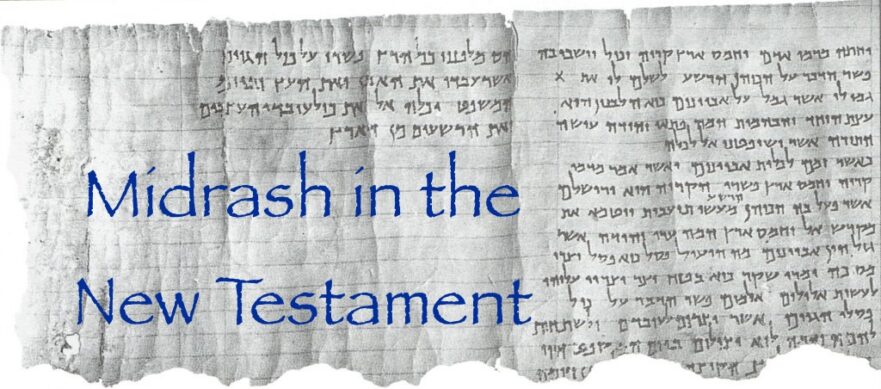What can the Greek and Hebrew forms of Jerusalem’s name tell us either about the sources of the Synoptic Gospels and Acts or the audiences to whom these works were addressed?
Stephen’s Speech (Acts 7:1-53) and Early Jewish Scriptural Interpretation
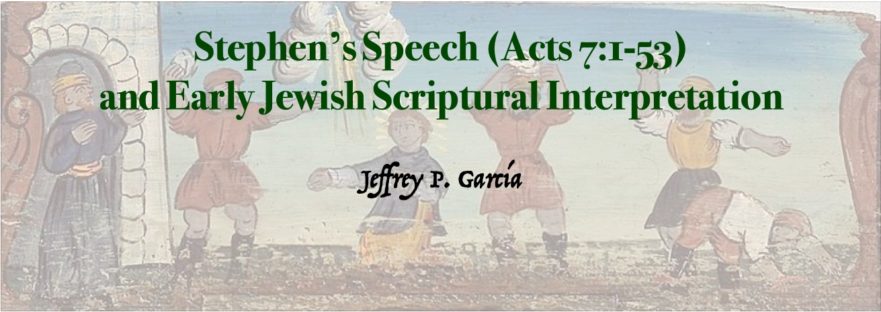
Discover connections between Stephen’s Speech and ancient Jewish literature.
Character Profile: Cornelius the Centurion
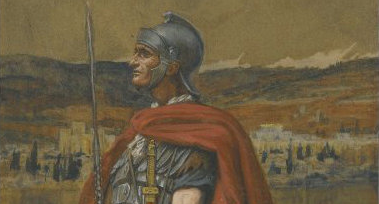
The baptism of Cornelius, a Roman centurion, provoked controversy among the Jewish followers of Jesus. In this video Marc Turnage examines the figure of Cornelius, his role in the Book of Acts, and his place in first-century Jewish society.
Character Profile: Chief Priests and Sadducees

Why did the chief priests and Sadducees continue to oppose the early believers even after the crucifixion of Jesus? In this video Marc Turnage places the chief priests and Sadducees in their historical context and explains why the preaching of the apostles was unwelcome news to the Temple authorities in Jerusalem.
Character Profile: Joseph Caiaphas
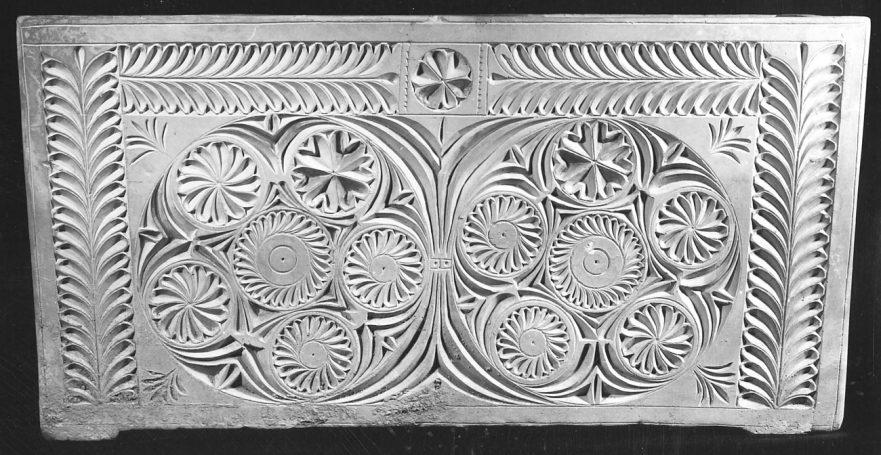
The high priest Joseph Caiaphas is known not only from the New Testament Gospels as the high priest who opposed Jesus and his early followers, but also from Josephus the Jewish historian who lived in the first century C.E. In this video Marc Turnage provides an historical sketch of this pivotal character.
Character Profiles: Gamaliel and Nicodemus
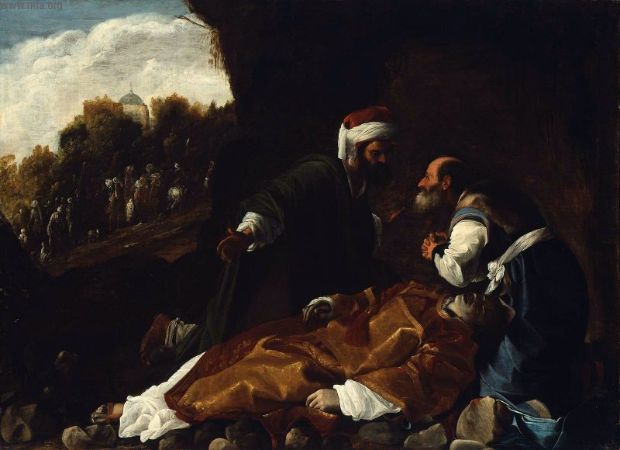
Gamaliel saved the lives of Jesus’ apostles, and also influenced Paul’s ethics, even after Paul’s conversion. Nicodemus belonged to the Hillelite anti-Zealot circles to which Jesus himself was close.
On “Blood” in the Apostolic Decree (Acts 15:19-20)

Flusser and Safrai’s premise is that “blood” in this passage does not refer to the consumption of blood but rather to murder. They conclude that the apostolic decision prohibiting eating meat sacrificed to idols, fornication, and blood is equal to the rabbinic decree that under penalty of death a Jew may violate any of the commandments of the Torah with the exception of idolatry, adultery and murder.
Covered in the Dust of Your Rabbi: An Urban Legend?

Some months ago, pastor-blogger Trevin Wax posted an article called “Urban Legends: The Preacher’s Edition.” There he lists several “urban legends” that he’s heard floating around lately in sermons. Like Internet rumors that people forward on ad infinitum, these preaching illustrations don’t have much grounding in fact.
Why Learn to Speak a Dead Language?
Why would anyone in his or her right mind want to speak a “dead” language, a language that no one speaks? The answer: Because only by speaking a language does one internalize it, and it was high time, Randall and I felt, having tasted fluency in Hebrew, that we should gain an active knowledge of Koine Greek.
Can Gentiles Be Saved?
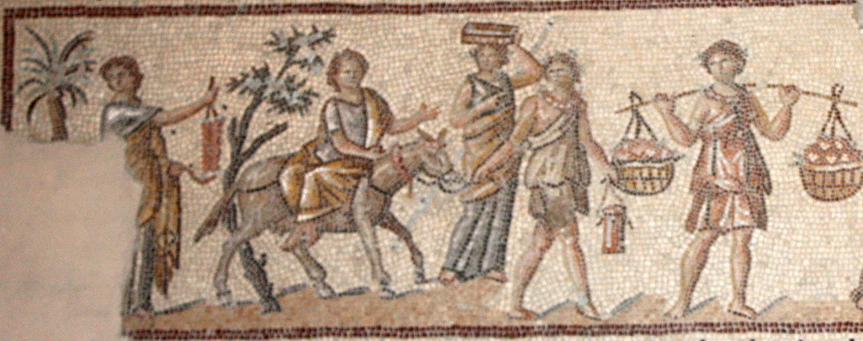
Jesus’ broadminded approach resonates with contemporary sages who belonged to the School of Hillel. In their opinion, it is better to leave God-fearing Gentiles in their blessed state with only the necessity of the moral laws given to Noah.
New BBC Documentary about Jesus
I applaud efforts to shake us from our stereotypes of Jesus. The attempt to reconstruct Jesus’ skin color and facial features is positive and laudable. However, I have strong doubts about the suggestion that Jesus collaborated with Judas to bring about his arrest and resultant death.
The Synagogue the Centurion Built

Would a Roman officer have had the means to finance the construction of a synagogue in the lakeshore town of Capernaum?
Insulting God’s High Priest

Recent research has shown that Sadducees, not Pharisees, were responsible for the death of Jesus. An incident recounted in the Book of Acts provides a glimpse of the Sadducean high priests’ corrupt behavior. Little wonder the Sadducees were despised by the common people.
Character Profile: A New Portrait of Salome

Salome’s image has been obscured and marred due to the personas created for her by writers of the past 150 years. Salome is famous for the part she played in the execution of John the Baptist. Since 1863, she has been depicted in books and films as morally depraved. Diligent research reveals, however, that the real Salome is much different than popular portrayals.
Were Women Segregated in the Ancient Synagogue?

Did women play a passive role in the synagogue congregations of antiquity? Were they separated from male members of the congregation during prayer and study, as is the case today? According to Professor Shmuel Safrai, the answer to both questions is a resounding “No.”
“And” or “But”—So What?
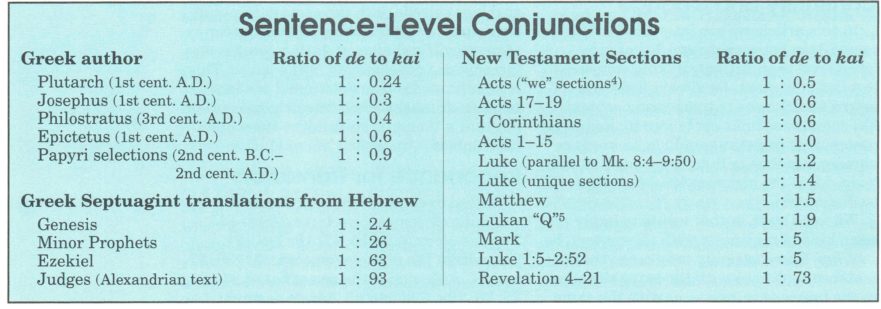
Writings that were originally composed in Greek tend to have a higher ratio of de to kai than writings that have been influenced by a Semitic language.
Jesus and the Oral Torah: Blessing

There is evidence that Jesus adhered to the rulings of the Oral Torah in his use of various blessings.


